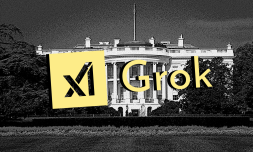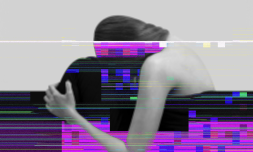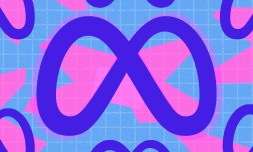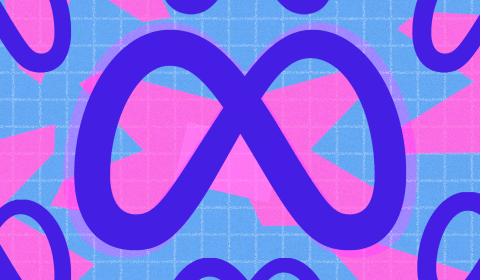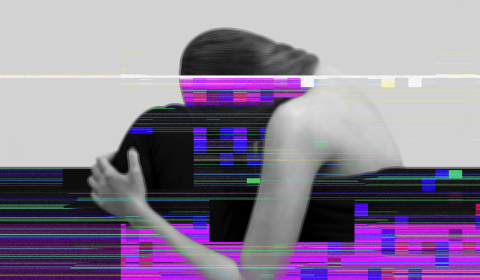In honour of World Mental Health Day, many of us will be checking in with ourselves and our loved ones with help from our smartphones. But new research suggests waiting until the evening to send that text could see us worse off.
Making time to acknowledge how we’re doing mentally isn’t always easy in our modern world.
Around 60 percent of the human population now lives in densely populated urban areas, where the environment is incredibly fast-paced, often noisy, and increasingly polluted. At the end of the day, we are sometimes too tired to bother.
In light of World Mental Health Day, we deserve to give ourselves a chance to ask: how am I really doing?
Millions of people have started to do this with the help of smartphone apps in recent years. This is represented in the financial value of the mindfulness and meditation app market, which stood at $522 million last year.
But while mental health apps can prompt with notifications that remind us to shut off our minds and enjoy well-deserved peace and quiet – there are also a large number of other apps fighting alongside them for our attention.
With this proximity, giving into the temptation to scroll, shop, and text late at night is all too easy. But it could be driving a mental health crisis globally, according to a new study on how blue light affects our well-being.












